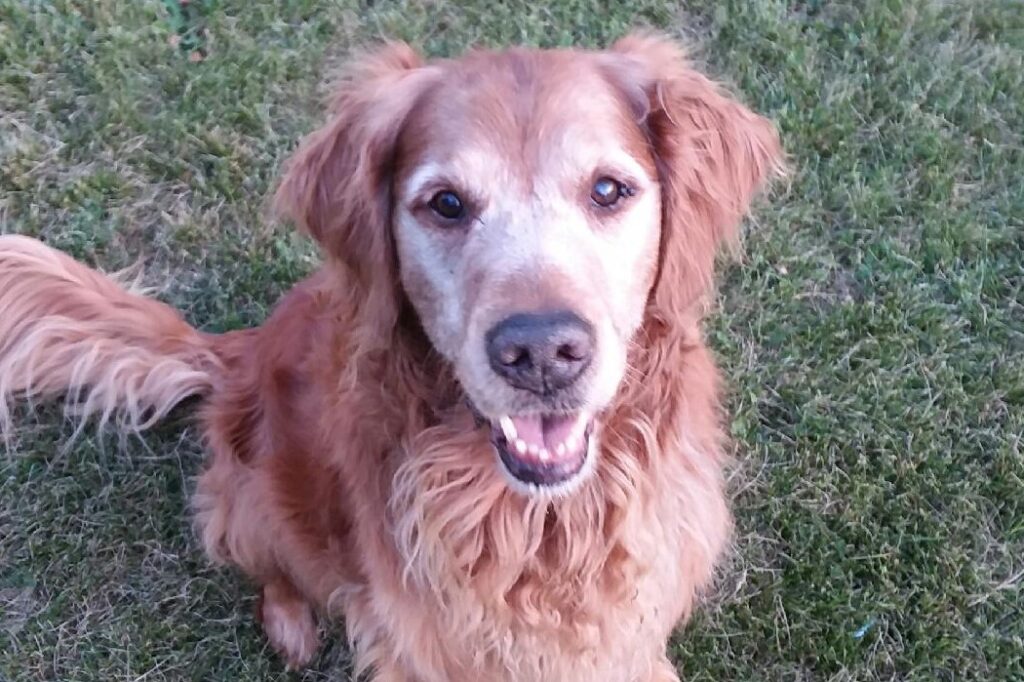A fundamental question for me in this blog is: How much do I rely on the tools of literature—story, character, image, lyricism—and how much on scientific objectivity? I know it’s not one or the other, but what is the balance?
We’re getting more scientific data about ME/CFS these days. Thanks largely to the attention paid to long covid, we have a better gauge of the number of people living with post-viral illnesses, what their symptoms are, and what treatments have worked, at least for some. We know a bit more about some of the biomechanisms of these illnesses, maybe a bit more about what’s happening at the cellular level.
But only through the details of story can I attempt to capture what living with relentless fatigue and post-exertional crashes is.
How do I communicate what is lost and what is found? How what is lost is the size of Lake Michigan, and what is found is the size of the pond at my cousins’ rural Michigan home when we were kids. We skated on the pond in winter, and in the summer, two pulls on a set of oars would row us out to the center of the pond, where we could slide overboard and swim without getting tangled in the weeds that filled most of the water.
On those visits to my cousins, would I rather have had the endless soft sand beaches, the wide sky, and the thrilling waves of Lake Michigan? Yes, I would.
But with my cousins, there was joking and laughter and a lot of sunshine, and all the kids and grownups eating burgers and potato salad afterward up at the house.
So it wasn’t Lake Michigan, but it lives in the memory as good.


